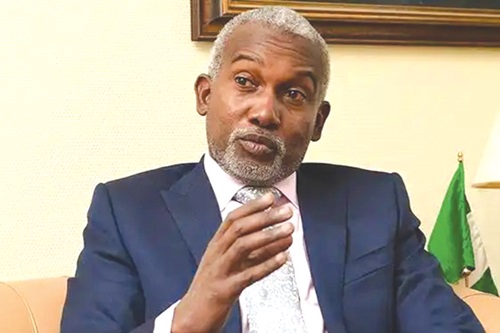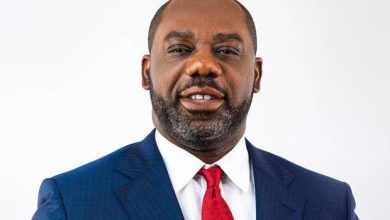ECOWAS will be stronger without Sahel States
ECOWAS will be stronger without Sahel States — Chairman of Council of Ministers

The Chairman of the Economic Community of West African States (ECOWAS) Council of Ministers, Yusuf Maitama Tuggar, has expressed confidence that the regional bloc will emerge stronger following the withdrawal of Mali, Niger and Burkina Faso.
That, he said, was because although it was never the intention of the bloc to witness the departure of some member states, the community must rise to the occasion and embrace the situation as a chance to rebuild and renew.
“With the unfortunate withdrawal of the three Sahelian countries, the Council is compelled to meet and make certain adjustments to suit the current reality.
As it is a question of choice and exercise of sovereignty by the military governments, we have no choice but to accept their wish,” he said.
“This is not the outcome we sought. As we look ahead, our purpose as policy makers and member states must now be to translate this moment into a positive, as an opportunity for renewal and an invitation to strengthen still,” Mr Tuggar added.
Event
Mr Tuggar, who is the Minister of Foreign Affairs of the Federal Republic of Nigeria, was speaking in Accra yesterday at the opening ceremony of the Extraordinary Session of the ECOWAS Council of Ministers held as part of the official launch of the ECOWAS at 50 Jubilee Anniversary.
The session, convened in accordance with a directive from the Authority of Heads of State and Government at its 66th Ordinary Session, is to deliberate on the separation modalities and contingency plan for the withdrawal of the three Sahelian countries from sub-regional body.
The session will also review a memorandum on the relocation of ECOWAS institutions and agencies based in the three countries.
Ministers are expected to deliberate on the implications for regional mobility and the suspension of ongoing programmes in those states.
The Chair of the Council of Ministers stated that West Africa remained the most integrated region in Africa, with streamlined protocols for economic and social development, as well as a harmonised political and security architecture, stressing that the bloc would continue to maintain its history as the best platform for solving our regional problems.
“This is not the first time our unity has been tested, nor will it be the last. Let us not be distracted by an event.
Let us focus on processes and strategies with longer-term benefits for all member states,” he added.
Mr Tuggar emphasised that the exit of the three countries should be conclusively implemented before any consideration of the nature of ECOWAS’ collective relationship with its AES counterparts, adding; “ Membership, as the saying goes, has its privileges.”
The President of the ECOWAS Commission, Dr Omar Alieu Touray, underscored the significance of the meeting and explained that the contingency plan — developed entirely by ECOWAS institutions without external support — covered critical areas such as legal, institutional, financial and personnel matters, the future of regional markets and economic integration, peace and security, as well as collaboration in sectors like agriculture, health and education.
He therefore urged member states to be guided solely by the collective interest of the people of West Africa as they deliberated on the modalities of the separation and the future of regional cooperation with the three states.
He also highlighted the achievements of ECOWAS over the past four decades, particularly in promoting the free movement of people, regional trade, infrastructure and socio-economic integration.
Beyond politics
The Minister of Foreign Affairs and Regional Integration, Samuel Okudzeto Ablakwa, also described the withdrawal of Burkina Faso, Mali and Niger as regrettable and emphasised the urgent need for a thoughtful contingency plan to manage political and economic relations with the three countries.



